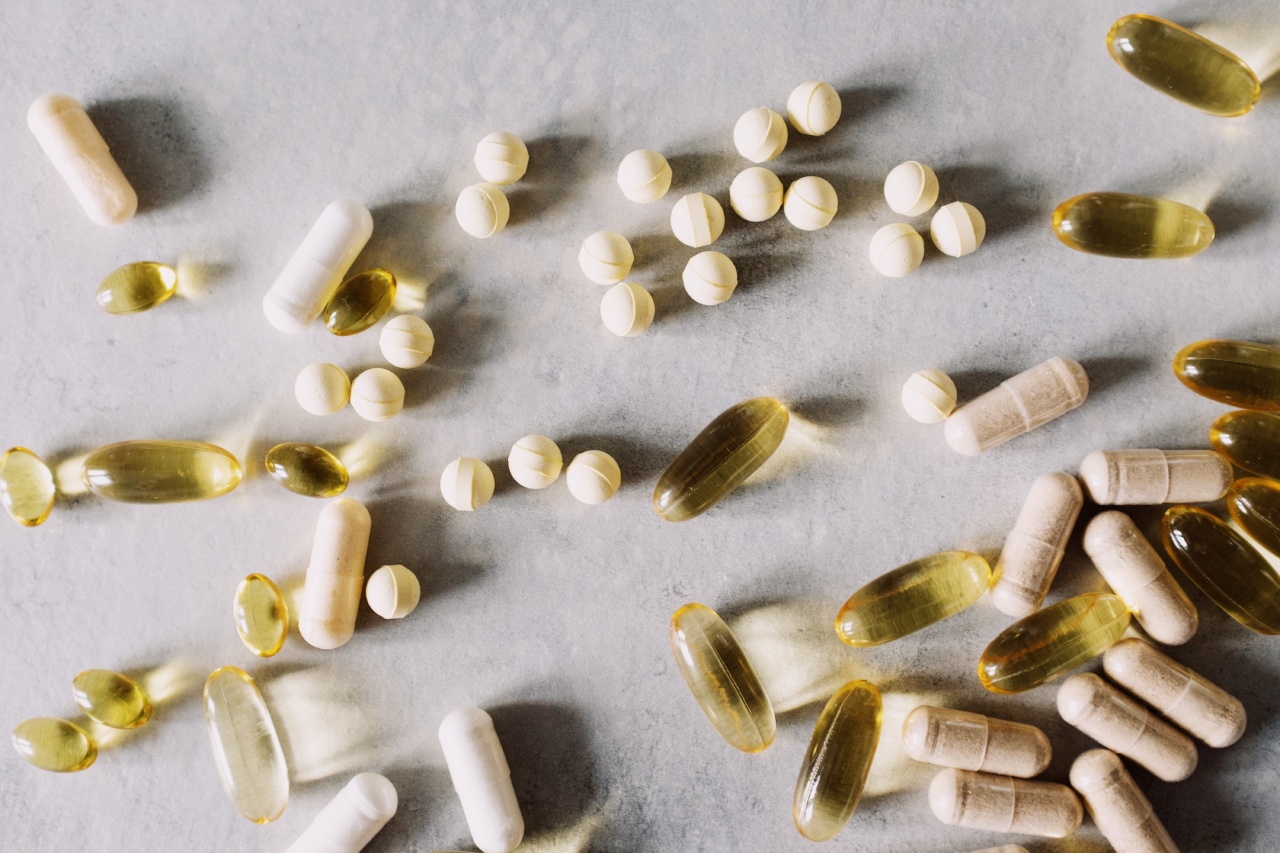Colon cancer is one of the leading causes of cancer deaths worldwide. Although many factors contribute to the development of colon cancer, research has shown that certain vitamins and minerals can help prevent this disease. One such vitamin is Vitamin D.
What is Vitamin D?
Vitamin D, also known as the sunshine vitamin, is a fat-soluble vitamin that is essential for strong bones and good overall health. Our body can produce Vitamin D when our skin is exposed to the sun’s ultraviolet B (UVB) rays.
Vitamin D can also be obtained from certain foods such as fatty fish, fortified milk and cereals, and dietary supplements.
The Link Between Vitamin D and Colon Cancer
Studies have shown that Vitamin D can help reduce the risk of developing colon cancer. Vitamin D has the ability to influence genes that control cell growth and division, which can help prevent the formation of cancerous cells.
Low Vitamin D levels have been associated with a higher risk of colon cancer and a poorer prognosis for those who develop this disease.
How Much Vitamin D Do You Need?
The amount of Vitamin D your body needs depends on several factors such as age, skin color, and how much sun exposure you get. The recommended daily allowance of Vitamin D for most adults is 600-800 IU (International Units).
However, some experts recommend higher doses of Vitamin D for certain populations such as those with a history of colon cancer or those with low Vitamin D levels.
Getting Enough Vitamin D
The best way to get enough Vitamin D is through exposure to the sun. However, for many people, this may not be possible due to concerns about skin cancer or living in an area with limited sun exposure.
In these cases, taking a Vitamin D supplement may be necessary.
It’s important to talk to your doctor before starting any new supplements, as taking too much Vitamin D can result in toxicity. Blood tests can determine your Vitamin D levels and help determine the appropriate dosage for supplementation.
Other Ways to Reduce Your Risk of Colon Cancer
In addition to getting enough Vitamin D, there are other lifestyle changes you can make to help reduce your risk of colon cancer. These include:.
- Eating a diet high in fruits, vegetables, and whole grains
- Reducing your consumption of red and processed meats
- Exercising regularly
- Not smoking
- Maintaining a healthy weight
- Getting screened for colon cancer according to your doctor’s recommendations
Conclusion
Vitamin D is an important vitamin that can help reduce the risk of colon cancer. Getting enough Vitamin D through sun exposure, diet, or supplementation can be part of a comprehensive approach to reducing your risk of this disease.































